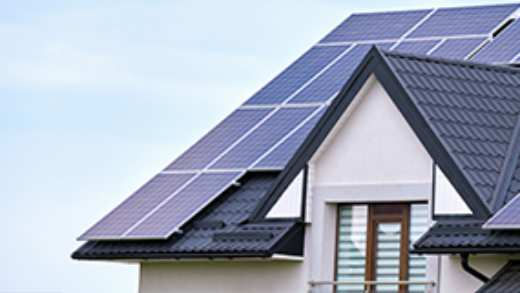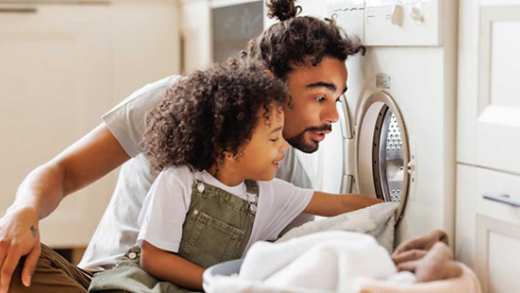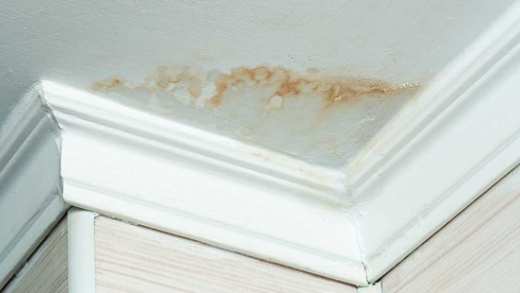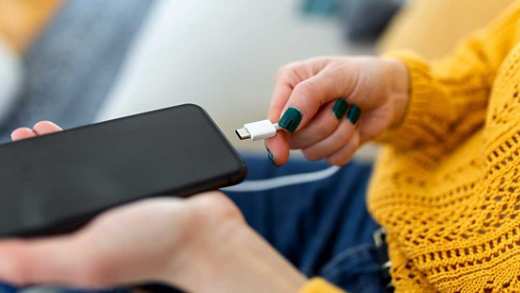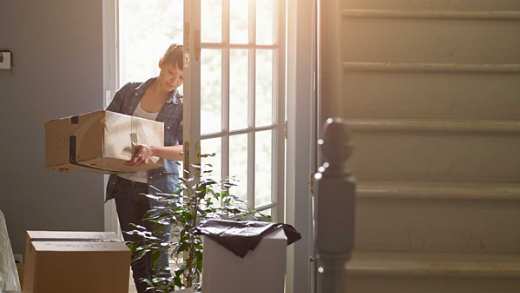At a time when both financial and environmental concerns are at the forefront of everyone’s mind, there’s nothing like the chance to address both at the same time. That’s exactly what these top tips are designed to help you do, with suggestions on how to save energy around the house. Making your home more energy efficient will be friendly to the planet and to your wallet – a real win-win…

So, what can you do to save energy and help the environment?
1. Use a thermostat
If you don’t already have one installed, a thermostat is a must-have. Keeping a constant temperature within your home avoids costly overheating, but you’ll also be surprised to know how even minor adjustments can make a major difference; turning it down by just 1°C can shave 10% off your heating bill, according to the Sustainable Energy Authority of Ireland1.
2. Look for energy labels
Technological advancements mean that new products are far more efficient than their older counterparts – but there can be significant variations in new products, too. The EU Energy Label on a new appliance will tell you where it grades on a scale; if it’s not displayed on the product itself, the retailer should be able to provide it. When you can, go for ‘A’ rated appliances; as you’d guess, these are the top-ranked options when it comes to energy efficiency.
3. Buy energy-saving light bulbs
Replace as many of your light bulbs as possible with energy saving options like LED or CFL bulbs. While they’re a little pricier, they use up to 85% less electricity than traditional ones – which makes a huge difference when you account for every light in every room in your home. They also last up to 12 times longer, making them an outstanding investment in the long run.
4. Turn appliances off
When items like TVs, computers and game consoles aren’t in use, turn them off instead of leaving them sleeping or on standby. Although the screen might be blank, leaving devices on standby still uses a significant amount of electricity – so if they’re not needed, turn them off at the switch. The same goes for unplugging phone chargers that aren’t in use; though you may not realise it, chargers draw power even when they’re not in action.
5. Insulate your hot water supply
Another energy saving tip is to insulate your hot water supply. A lagging jacket on a hot water tank is key to keeping water warmer for longer, reducing energy consumption in the process. Pipe insulation, in the form of a foam tube, is also a worthwhile step to take. Best of all, they’re cheap, DIY solutions that should pay for themselves in less than a year – which makes it something of a no-brainer!
6. Only heat the water you need
Filling a kettle to the brim for a single cup of tea is a waste of energy; before you reach the sink, think about how much water you actually want and fill accordingly. The same goes for your water heater, as you don’t need to boost the immersion for hours if you’re just going to run a few dishes under the tap.
7. Be savvy with your washing machine
It’s incredibly easy to reduce the energy consumption when it comes to doing laundry; washing clothes at lower temperatures, and using shorter washing cycles, can dramatically impact efficiency. Special cold-water detergents will ensure you get the same results as with a hotter wash, so you can turn the dial down with confidence.
8. Choose showers over baths
Though we’ll concede that a bath is the more luxurious choice, it comes at a cost; filling a bath can use up to five times the amount of energy required for a typical shower. Of course, if you’ve got a big family then the time efficiency might be of even greater importance – anything to keep the queues for the bathroom away!
9. Turn the lights off
A simple habit can have a major impact on your energy bills and save you money – like turning the lights off every time you leave a room. As well as being an altogether easy change to make, it all adds up over time on your bill; it will also extend the life of your bulbs, so they won’t need to be replaced as often.
10. Take it easy on the tumble dryer
There’s no denying that your dryer is as handy as an appliance gets – but there’s also no avoiding the fact that it’s one of the worst offenders when it comes to power-guzzling appliances. Whether it’s hanging your washing on a line or standing a drying rack on a balcony, see how far you can get in reducing how much you rely on the machice to dry clothes.
11. Get some gadgets
Whether it’s high-tech options like solar powered phone chargers or decidedly low-tech ones like draught excluders, some small purchases can deliver a real return on investment. While you don’t want to load up on gimmicky trinkets, check out our guide to clever eco-gadgets that could suit your home and discover what ways you can tool up to make a difference.
While you work to make your home more energy efficient, you’ll always want to know that it’s protected. Ensuring you have an up-to-date home insurance policy is key to protecting your home and its contents.
At Aviva, you can enjoy 20% off your home insurance when you buy online2. We encourage our customers, where possible, to make use of our online options to access any help you need. If you have a query you can reach us via our contact forms.


